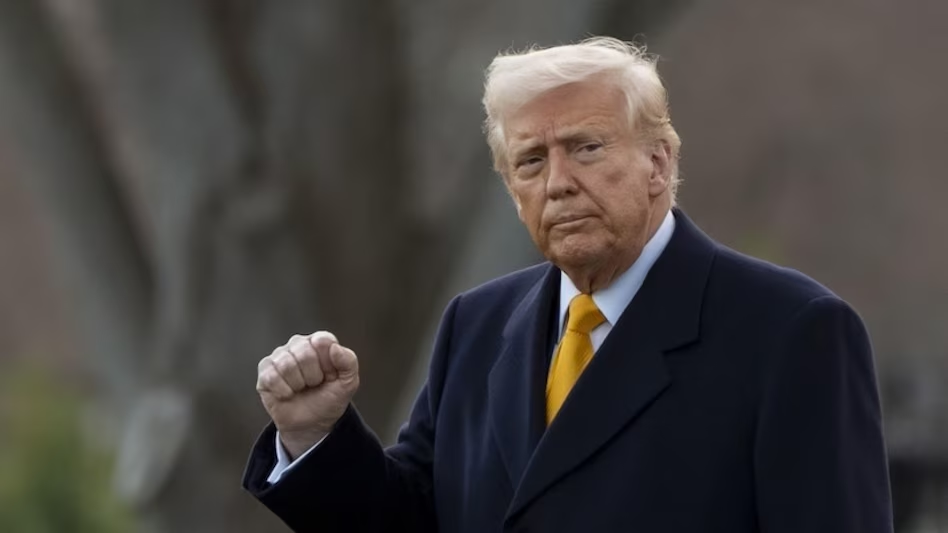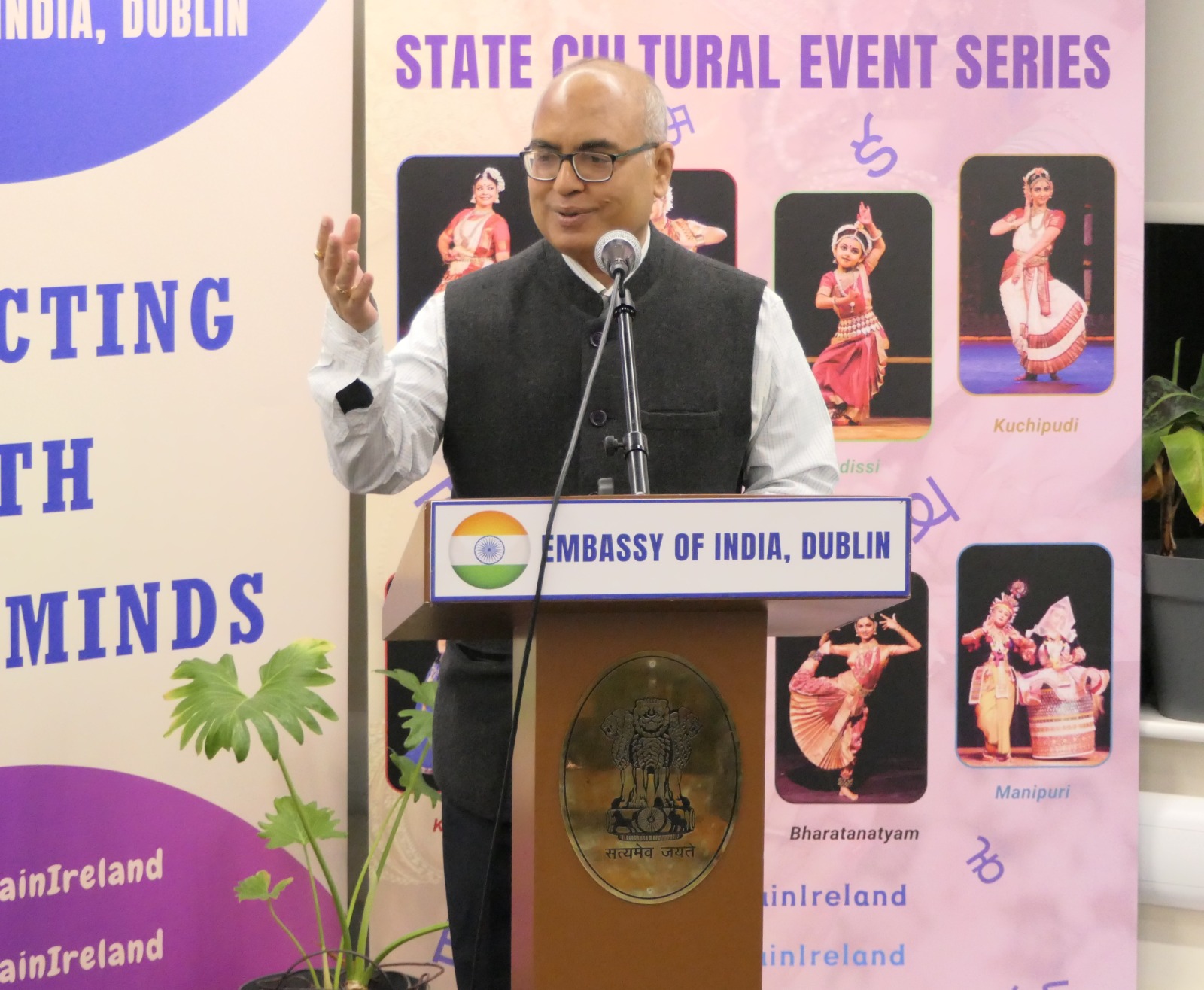Former President Donald Trump is under increasing scrutiny following the announcement of an exclusive dinner event for top investors of his newly launched $TRUMP meme coin. The event, promoted as a reward for the top 220 holders, offers the top 25 participants a private reception with Trump and a VIP White House tour — raising serious ethical questions and drawing fierce criticism from lawmakers.
According to the promotion on the coin’s homepage, participants will be ranked based on both the amount of $TRUMP tokens they hold and the duration for which they hold them, between April 23 and May 12. “The more $TRUMP you hold — and the longer you hold it — the higher Your Ranking will be,” the site proclaims.
The controversial move has triggered alarm on Capitol Hill. Democratic lawmakers swiftly condemned the campaign. Senator Chris Murphy (D-CT) declared on X (formerly Twitter), “This is the most brazenly corrupt thing a President has ever done.”
Senators Elizabeth Warren (D-MA) and Adam Schiff (D-CA) sent a formal letter, obtained by CNBC, urging the U.S. Office of Government Ethics to launch an investigation. In the letter, they argue the dinner could amount to a “pay-to-play” scheme — a setup where wealthy individuals, foreign entities, or corporations could essentially purchase access to the former president while potentially enriching him and his family.
“This scheme raises serious red flags for corruption,” the letter stated. “Trump officials may be engaging in pay-to-play politics that undermine democratic accountability.”
Market dynamics surrounding the token have also raised eyebrows. Initially priced at $75.35 just before Trump’s latest inauguration, the $TRUMP coin saw a steep decline, dropping by 88% to just $9.18. However, following the contest announcement, it rebounded sharply by over 50%, peaking at $14.32 — adding approximately $100 million in market value, according to CBS.
Despite public outcry, the likelihood of a formal investigation remains low. Republicans currently hold the majority in both chambers of Congress, and Trump’s earlier dismissal of the U.S. Office of Ethics director in February has further diminished the prospect of meaningful oversight.
Trump’s entanglement with the cryptocurrency world has deepened in recent years. His administration appointed venture capitalist David Sacks as “crypto czar,” established a “Bitcoin Strategic Reserve,” and controversially shut down the Justice Department’s crypto-fraud unit. In turn, crypto firms have donated millions to Trump’s political efforts, including campaign and inauguration events.











